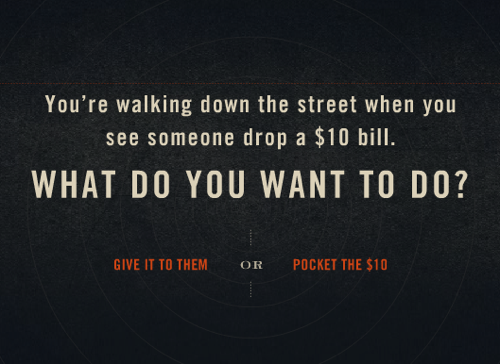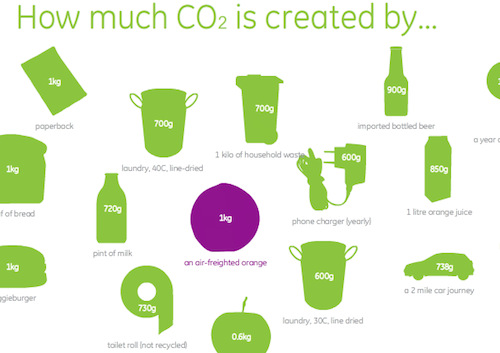If you ask some politicians, they are. And they’re mucking up the whole political system, dag-nabbit. According to a Washington Post article, some lawmakers have had it up to here with whipper-snappers voting with their feelings.
Average taxpayers in college towns, [Sorg] said, are having their votes “diluted or entirely canceled by those of a huge, largely monolithic demographic group . . . composed of people with a dearth of experience and a plethora of the easy self-confidence that only ignorance and inexperience can produce.”
Their “youthful idealism,” he added, “is focused on remaking the world, with themselves in charge, of course, rather than with the mundane humdrum of local government.”
– New Hampshire State Rep. Gregory Sorg
The solution? Proposals differ from state to state, but basically every voter would be required to show ID or proof of residence in order to vote. That would mean anyone without an appropriate ID would have to get one.
But identification costs money! That’s unconstitutional! It’s akin to the poll tax used to disenfranchise African-American voters in the 19th century!
What does this have to do with me and my money, you say? Well, since state governments can’t legally force people to buy the right (or the ID) to vote, taxpayers would have to absorb the costs.
And according to one estimate, the state of Wisconsin alone would have to pony up $2.7 million just to provide valid identification cards to voters who do not currently have them.
What do you think? Do you want to pay for that? Or are you too foolish to know?



